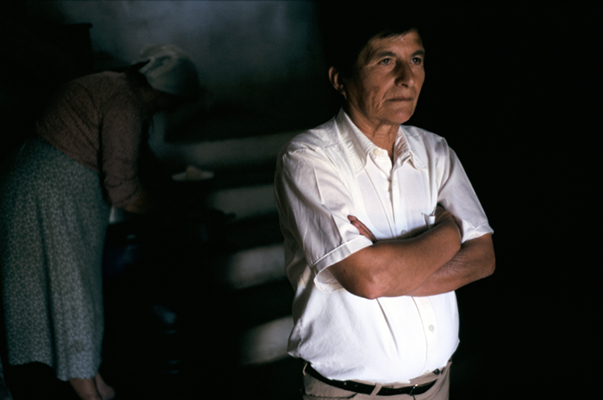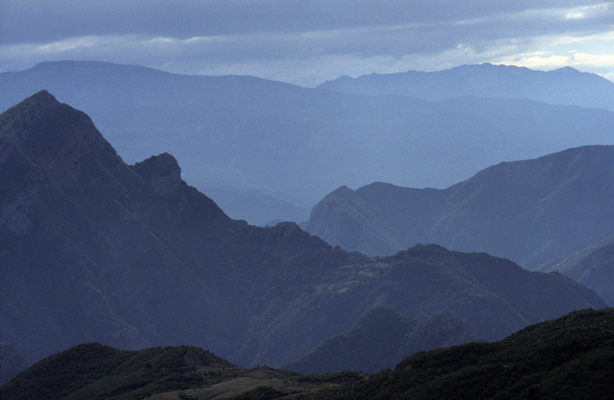I happened quite by chance the other day to look at the winners of the Eugene Smith Award and noticed that one of the runners up had made a set on a story that I wrote and photographed for the Independent Magazine more than a dozen years ago (the article’s here). It firstly made me feel a little ancient but also made me think about the crisis in photography that we now find ourselves in. I’d recently read a comment by Christopher Anderson on the Conscientious blog that made complete sense to me. Anderson, who has been sharply criticised for his thoughts, has bemoaned the state of the industry and – shock, horror – has decided that he no longer wants to be known as a ‘photojournalist’ (whatever that is). What he said was this:
“…The death of journalism is bad for society, but we’ll be better off with less photojournalism. I won’t miss the self-important, self-congratulatory, hypocritical part of photojournalism at all. The industry has been a fraud for some time. We created an industry where photography is like big-game hunting. We created an industry of contests that reinforce a hyper-dramatic view of the world. Hyperbole is what makes the double spread (sells) and is also the picture that wins the contest.”
I am certainly not criticising anyone who enters competitions, nor am I making any statement about the specific Virgins story, but whether we like it or not it’s clear that we are, and for some time have been in a mess. I remember Neil Burgess several years ago bravely saying that it was now impossible to fairly judge the World Press Photo as there were just so many entries and it was clear that people were shooting certain types of stories that were dramatic and would stand a greater chance of winning. Indeed a few years ago, if you shot Chinese child gymnasts being stretched in training you were almost certainly going to win something…
When I started, I knew nothing about competitions, awards and such like. I just wanted to work, make pictures and have magazines run my stories. The world has changed significantly form what seems those simpler times (although cvertainly not some mystical Golden Age) and winning things is now part of your ‘brand’, something to put on your website and blog and advertise yourself with. Shocking really when you think of much of the subject matter. But this is increasingly an industry running scared and my little rant is going to make no difference – especially to photographers that would sell their grandmother (or a few starving people in the Developing World) to work (for hire, for free, for a bad contract, just to see their work in print) and screw everyone else.
Anyway, have a look at the Eugene Smith stuff, there’s some interesting pictures. I’m going for a lie-down as my blood pressure’s up.
Here are some images from my Avowed Virgins story…




